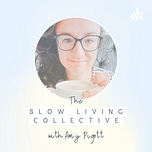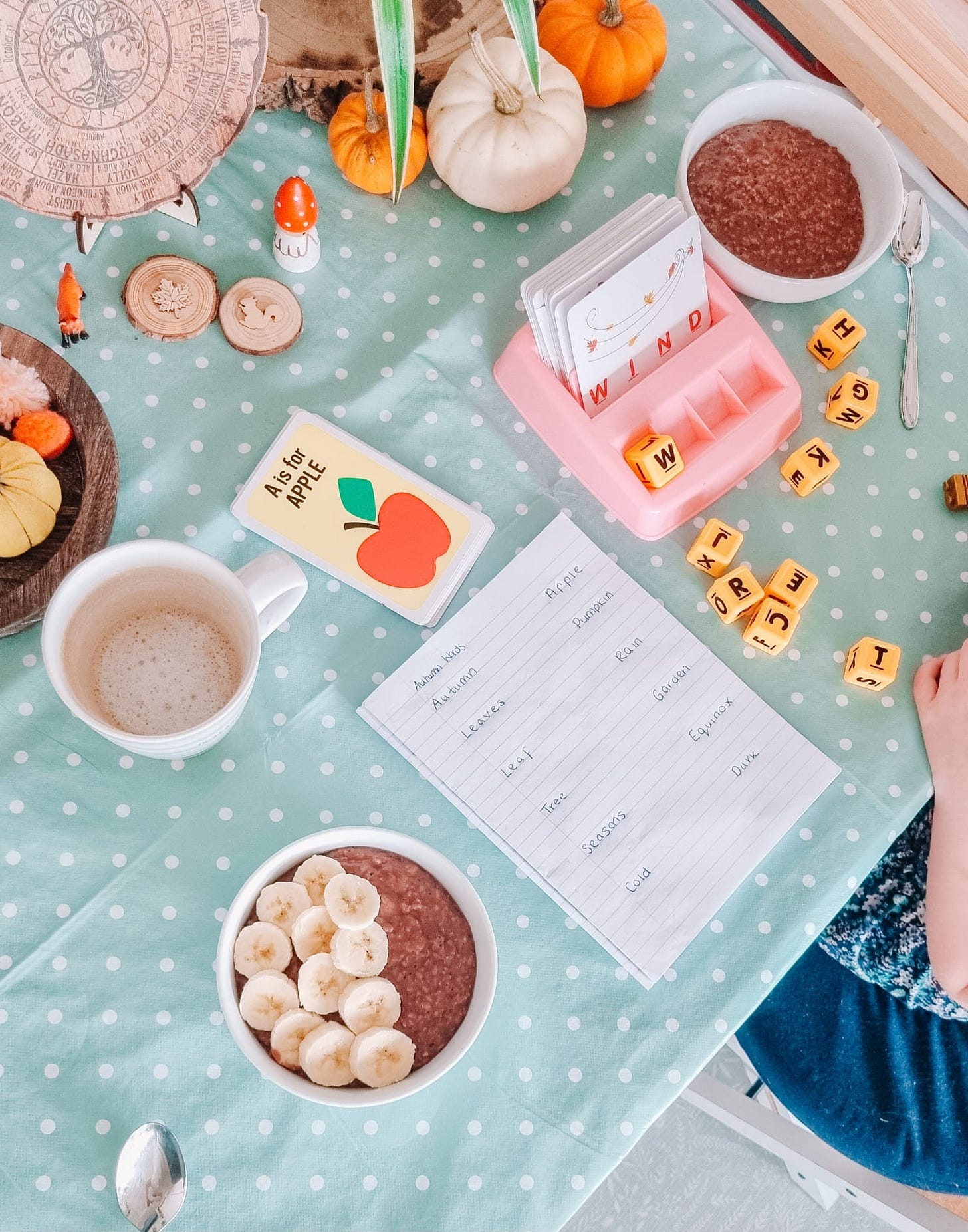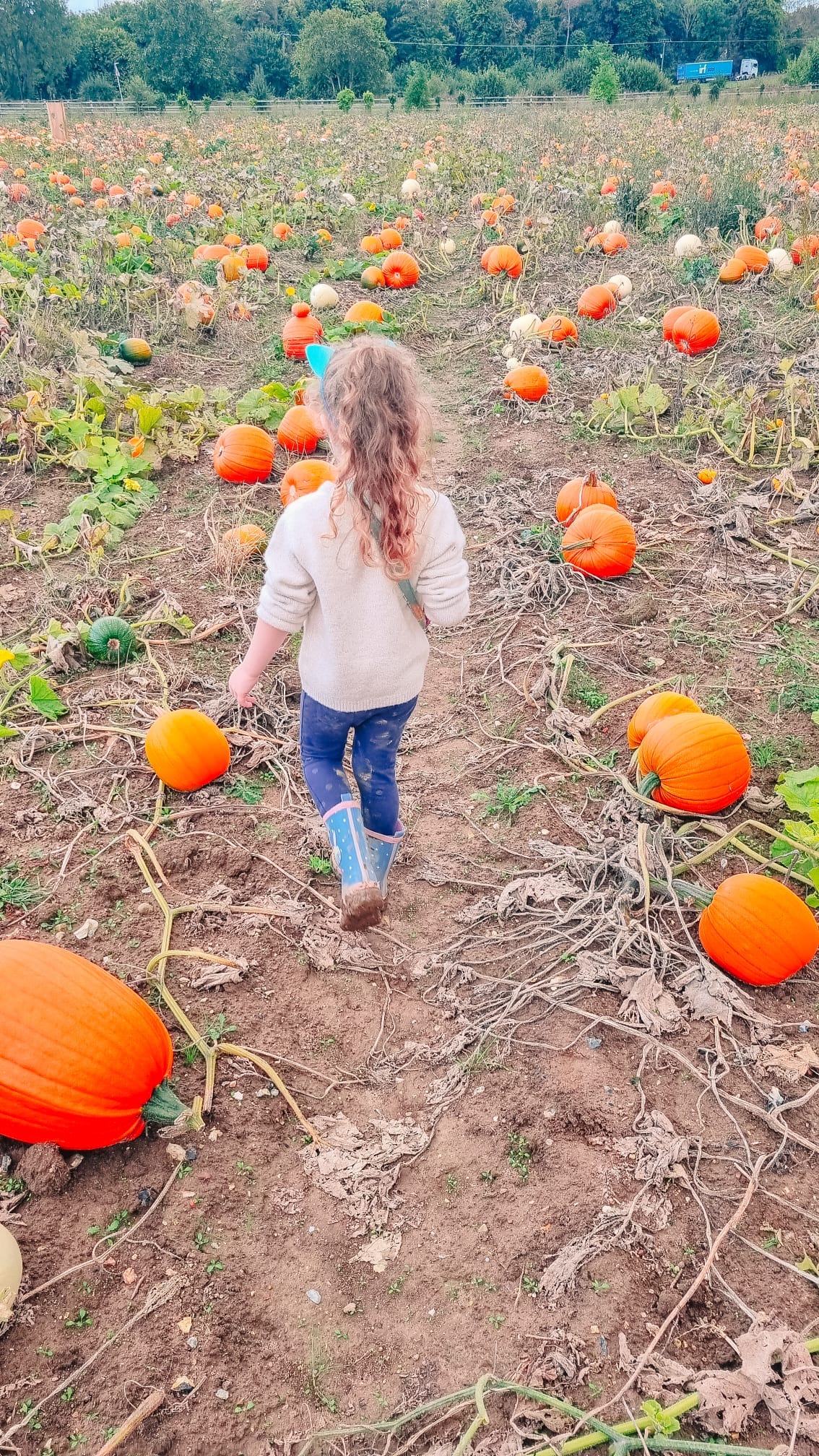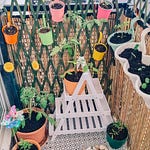Whether you’ve got kids or not, or whether you’re team traditional school or a home educating pro, there’s something super fascinating about the idea of kids learning naturally, outside the conventional classroom setting. It’s not just about education, it’s about rethinking how we approach growth, curiosity, and creativity in every part of life.
The idea that kids can guide their own learning, following what sparks their interest, opens up a whole new conversation around what it means to really learn. And let’s be honest, this concept is just as intriguing for adults who want to tap into their own passions as it is for parents looking to empower their kids.
So, if you’ve ever wondered if there’s another way to look at education or life in general, stick with me, because we’re diving deep into a radical approach that might just change how you see learning altogether.
As a home educator I am of course pro-home ed, but I am more pro-whatever works for your family. Home ed is great for some kids, just as school is great for some kids. There is no judgement here, just discussion.
Did you know that in the UK alone, home education has seen a 34% rise in recent years?
It’s wild to think about, but more and more families are choosing to step away from the traditional school system, opting for something that feels a little more natural, a little more aligned with how their kids want to learn. And that’s where self-directed learning and unschooling come into play — two methods of home education that are shaking up the way we think about learning.
Imagine this: instead of following a strict curriculum or sitting through hours of lessons, your child wakes up excited to dive into whatever sparks their curiosity that day, learning in a way that feels authentic and personal to them. Sounds freeing, right? That’s the heart of self-directed learning — a philosophy that hands the reins over to the learner, allowing them to choose what, how, and when they want to learn. It’s all about empowering kids to trust their instincts and follow their passions. Then there’s unschooling, which takes it a step further by tossing out the concept of traditional schooling altogether. Forget rigid lesson plans; unschooling is all about learning through real-life experiences. Whether it’s baking cookies and learning maths through measurements or exploring nature and diving into the science behind ecosystems, unschooling creates a space where kids can learn naturally, through the world around them.
So, if you’ve ever wondered what it would be like to let go of the school bell and embrace a more personalised, freedom-filled learning path, stick around. And don’t forget to dive into today’s podcast episode - my guest gives us a beautiful insight into what unschooling and self-direct learning looks like in their family.
The beauty of self-directed learning is that it flips traditional education on its head, empowering children to take control of their own journeys. Imagine a world where your child is in the driver’s seat, making decisions about what piques their curiosity and how they want to explore it, all at their own pace. This approach isn't about being spoon-fed information or ticking off boxes on a curriculum checklist. Instead, it encourages kids to tap into their natural sense of wonder and follow what lights them up. When children are given this kind of freedom, they become intrinsically motivated. They learn not because they have to, but because they want to, creating a richer, more meaningful learning experience that fosters a lifelong love of knowledge.
Unschooling embodies this spirit perfectly, rooted in the belief of visionary educator John Holt1, who championed the idea that children learn best when they’re trusted to follow their natural curiosity rather than being confined by rigid school structures. With no set curriculum, worksheets, or grades, unschooling allows learning to be organic and deeply personal. It emphasises real-world skills and creativity, giving kids the space to discover who they are and what excites them, whether that’s art, science, technology, or even cooking dinner for the family. This shift from standardised education to a more meaningful, exploratory approach helps kids grow into well-rounded, curious, and capable individuals who see the world as their classroom.
Does it REALLY work?
I know what you’re thinking - does it really work? If you haven’t yet, I urge you to listen to the podcast episode above on this topic, it’s such a great conversation. When kids are given the freedom to navigate their own interests, they naturally develop critical thinking and problem-solving skills because they’re constantly figuring things out for themselves. So often we hear the narrative that children who are educated outside the school system cannot possibly learn the skills required to exist in the ‘real’ world, when so often the skills learnt through life outside the education system provide them with a great variety of skills. Whether they’re piecing together how to build a robot, learning how to grow their own vegetables, or diving into their current passion project, they’re learning how to analyse, troubleshoot, and come up with solutions on their own terms. And with that independence comes a huge sense of responsibility, meaning they have to take ownership of their choices. This not only builds confidence but teaches them to manage their time, set goals, and hold themselves accountable, skills that will serve them for life.
But let’s talk about the real magic here: creativity and passion. When kids aren’t bound by a set curriculum or limited to a specific way of learning, they have the space to truly explore their interests, no matter how unconventional. Maybe they want to write a novel, start a YouTube channel, or design their own clothing line, these methods foster an environment where that’s not just allowed, it’s encouraged. This freedom to follow their passions sparks innovation and creativity in ways traditional schooling often can’t. So, when we give our kids the space to take control, trust their curiosity, and follow what excites them, we’re not just teaching them facts and figures, we’re helping them become independent, passionate, and innovative thinkers who are ready to take on whatever comes their way.
And the challenges?
Let’s be honest, most of the criticisms come from people who don’t understand it and have never even tried it, and that’s ok, but we must remember that it’s very difficult to pass judgement or knowledge on a situation we’ve never been through. We often have questions about things we don’t understand don’t we? One of the biggest concerns people have is the lack of structure. Without a set curriculum or traditional academic milestones, there’s this fear that kids might miss out on learning the basics or that they won’t be prepared for adulthood. It can feel a little scary to let go of that control, especially when we’ve been so conditioned to think that education has to follow a certain path. But the truth is, learning happens in so many different ways, and while the structure might look different, kids can still acquire those necessary skills, they just do it in a more natural, personalised way.
Then there’s the whole question of socialisation, which tends to be the go-to criticism of any alternative education method. Home educators love this question so much :eyeroll: People wonder “How will they make friends? How will they learn to interact with others if they’re not in a traditional school setting?”
What’s important to realise is that self-directed learning and unschooling don’t happen in isolation. These kids are still out in the world, joining home ed groups, doing extra curricular groups, joining community groups, participating in activities, and engaging with people of all ages, which can actually lead to more diverse social experiences all round. You could argue that school isn’t really a place for socialising either nor does it afford much in terms of diversity either.
How you can implement it in your own life
If you’re thinking about diving into home ed or embracing a more self-directed learning or unschooling approach, you might be wondering, “Okay, but how do I actually make this work in real life?”
First things first: encouraging exploration is key. As parents, one of the best things we can do is foster curiosity in our kids by supporting their interests, no matter how big or small. Maybe your child is obsessed with dinosaurs or wants to learn how to code; the trick is to lean into those passions. Ask questions, offer resources, and show genuine interest in what lights them up. It’s about creating an environment where curiosity is celebrated, not stifled.
Which brings me to the next point: creating a learning-friendly environment. You don’t need to transform your house into a mini school, but having spaces that are rich with resources can make a world of difference. Think books, art supplies, science kits, tools, technology—whatever sparks joy and invites hands-on learning. It could be as simple as having a cosy reading nook, a place for messy experiments, or easy access to the kitchen for culinary adventures. The goal is to make learning feel like a natural part of everyday life.
Now, while freedom is a huge part of both self-directed learning and unschooling, there’s also the matter of finding balance. Let’s be real: too much freedom can feel overwhelming, so having some structure, without it being rigid, is helpful. Maybe it’s creating a daily rhythm instead of a strict schedule, or setting gentle goals for the week while still leaving room for spontaneity. It’s about guiding your child when they need it, but also knowing when to step back and let them lead the way. At the end of the day, every family’s journey with these methods will look a little different, and that’s okay! The beauty is that it’s flexible, adaptable, and designed to evolve with your child’s needs and passions.
Here’s the thing: education doesn’t have to look one way, and it certainly doesn’t have to follow the traditional path we’ve all been taught is “normal.”
Every child is different, every family is different, and that means learning can, and should, be different too. I want to encourage you to open your mind to alternative education methods if you feel it might be right for you. You don’t have to dive in headfirst right away, nor is this exclusive in home education either - there is an abundance of time outside of the classroom to implement this too. Even experimenting with a few practices at home can make a world of difference.
Maybe start by giving your child a bit more freedom to explore their interests or try a day with no set schedule, letting them lead the way. It’s about trusting that learning can happen anywhere and at any time, not just within the four walls of a classroom. You’ll be amazed at how much curiosity, creativity, and confidence can blossom when we give our kids room to explore and take ownership of their education.
And here’s the best part: there’s no one-size-fits-all approach. What works for your family might look totally different from what works for someone else, and that’s perfectly okay. So, take a breath, let go of the pressure to fit into the “norm,” and give yourself permission to explore these new ways of learning.
Heads up – This newsletter uses affiliate links. If you click a link (and make a purchase) I’ll earn a little extra coffee money, at no extra cost to you. As an Amazon Associate, I earn from qualifying purchases.

















Share this post